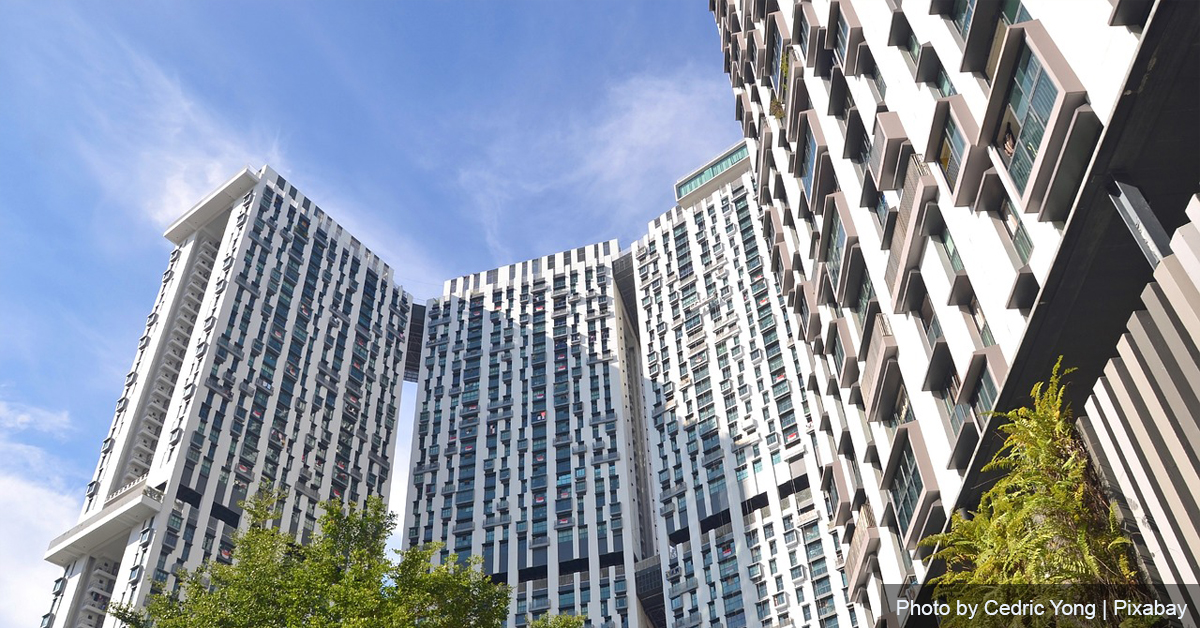
Singapore’s Build-to-Order (BTO) public housing model is getting a facelift.
From the second half of next year, new Housing and Development Board (HDB) flats will no longer be differentiated as being in mature or non-mature estates. Instead, they will be classified according to their locational attributes under three categories: Standard, Plus and Prime.
Making the announcement during his National Day Rally speech on Sunday (Aug 20), Prime Minister Lee Hsien Loong highlighted three major aims of Singapore’s public housing programme: Affordability, maintaining a good social mix, and keeping the system fair.
These three objectives are essentially the public housing trinity that form the core foundation of a successful programme that houses 80 per cent of Singapore’s residents. They have also driven Singapore’s public housing policy design.
To achieve affordability, HDB has provided substantial subsidies and grants, particularly to first-time home buyers. For social mixing, the ethnic integration programme has ensured a good racial mix in our neighbourhoods, preventing the formation of ethnic enclaves.
It is, however, the third pillar of fair outcomes that has proven to be more tricky. It is well-known that successful BTO applicants in highly sought-after neighbourhoods often enjoy a “lottery effect”, with high demand for their flats driving resale values up.
A good example of this is Pinnacle@Duxton, where a four-room unit sold for S$1.41 million (US$1.04 million) this month, setting a record for the most expensive four-room flat sold to date. This is more than three times the amount that it was initially sold for.
BLUNTING THE LOTTERY EFFECT
The new BTO classification framework is meant to address that third pillar of Singapore’s public housing trinity – equal outcomes – by blunting the lottery effect.
The new categories will not apply to existing flats or flat owners, or to flats already booked.
While Standard flats will not differ substantially from existing BTO flats, a new category of Plus flats – which will be in “choicer” locations such as near MRT stations or town centres – will come with a minimum occupation period (MOP) of 10 years, subsidy clawbacks and stricter resale conditions such as an income ceiling for potential buyers.
Prime flats – first announced in 2021 – represent a step up from Plus flats, coming with more subsidies and tighter restrictions alongside a similar 10-year MOP. They are located in central locations such as Bukit Merah, Queenstown, Kallang Whampoa and Rochor.
What are the reasons behind the reclassification of BTO projects, and how will they affect HDB resale prices?
These moves are likely to have a significant impact on HDB resale prices. By establishing a longer MOP and implementing income ceilings, the Plus and Prime models will restrict the resale buyers’ pool to those who fall within the income ceiling.
As a result, buyers who do not meet the restrictions for Plus and Prime models may turn to Standard resale flats. This may in turn result in a rise in prices among Standard resale flats, even as resale price growth in Plus and Prime flats is curbed. This may not be a bad thing if the gap in resale prices across different locations can be narrowed.
AFFORDABILITY AND LOCATION
As Mr Lee noted during his National Day Rally speech, Singapore’s urban development has advanced to the point where all HDB estates are equally accessible and endowed with amenities.
In fact, rising resale prices reflect Singapore’s successful urban planning. It is not a bad thing that our flats are in high demand.
However, there remains a need to ensure that the public housing trinity of affordability, social mixing and fair outcomes continue to be relevant and achievable.
The new BTO categories will contribute to this trinity by ensuring public housing affordability for first-time buyers, maintaining fairer outcomes among buyers of different flats, and ensuring a good mix of residents from different social classes in both the city centre and our heartlands.
Dr Woo Jun Jie is Senior Research Fellow at the Institute of Policy Studies, National University of Singapore.
This piece was first published in CNA on 21 August 2023.
Top photo from Pixabay.
